The Ozempic diet plan focuses on enhancing eating habits and lifestyle adjustments for those on the treatment. Integrating Semaglutide, Ozempic’s key component known for aiding weight loss and suppressing appetite, with a nutrient-rich diet and consistent exercise leads to improved weight management and health. Effective meal planning, mindful portion control, and regular physical activity bolster medication efficacy and heart health. Visit DietHCG to learn how to maximize the benefits of Ozempic for overall well-being.
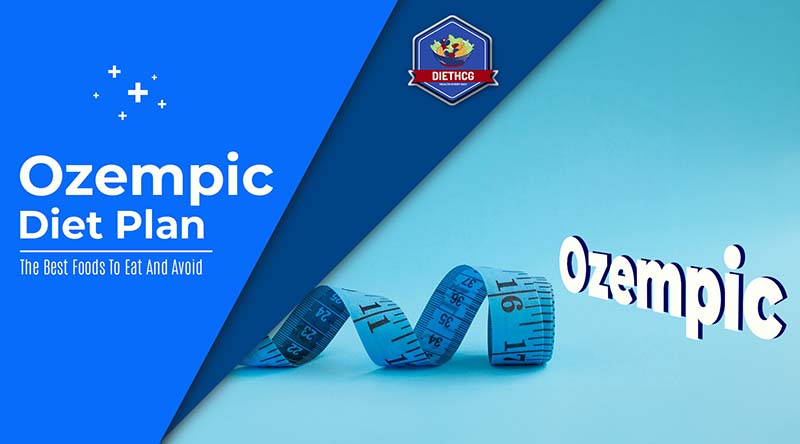
1. What Is Ozempic Diet?
The Ozempic Diet isn’t a set meal plan but rather a dietary approach centered on consuming vegetables, lean proteins, and dairy while steering clear of processed and sugary foods. Ozempic, a medication containing semaglutide, is primarily used for treating type 2 diabetes and sometimes for weight management off-label.
While there’s no strict diet regimen for Ozempic users, including foods like fish, poultry, non-starchy vegetables (such as kale and spinach), legumes, nuts, seeds, and foods rich in fiber, protein, and healthy fats can be advantageous. This dietary approach aims to promote blood sugar control, weight loss, and overall health when combined with lifestyle modifications like regular exercise.
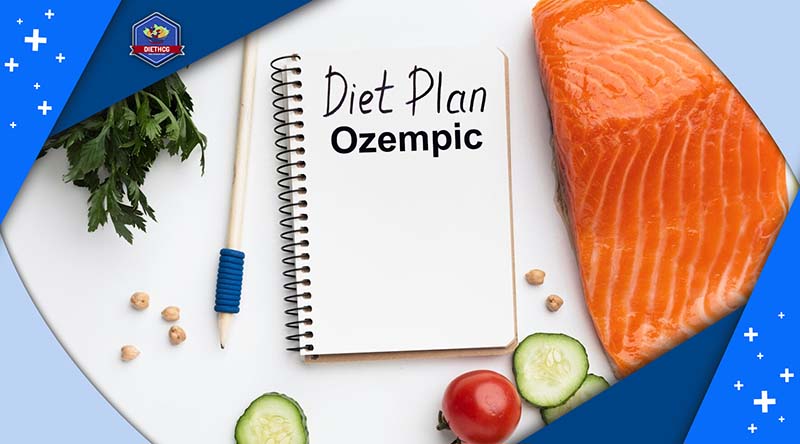
2. How Ozempic Works and Its Potential for Weight Loss
Ozempic operates similarly to the effects seen in individuals who have undergone bariatric surgery. It mimics the action of GLP1, a hormone naturally present in the body, which slows down digestion and signals to the brain that you’re full. This can help curb overeating and support weight loss.
Moreover, users of Ozempic often report a decrease in what’s referred to as “food noise” while taking the medication. Food noise encompasses the constant stream of thoughts and cravings related to food. Though the exact reason for this phenomenon isn’t fully understood, it’s likely linked to the reduced appetite experienced while on Ozempic.
The diminished preoccupation with food can lead to less unnecessary snacking and overeating during meals. However, in some cases, Ozempic may suppress appetite excessively. Whether this occurs varies from person to person and depends on the dosage.
Individuals who find themselves with a significantly reduced appetite while on Ozempic should be cautious to ensure they’re consuming enough calories to maintain their metabolic health. Adequate calorie intake is crucial for sustainable weight loss.
On average, it typically takes around six months to lose approximately 11% of body weight with Ozempic, though individual results may vary.
Furthermore, it’s important to guard against potential nutrient deficiencies and muscle mass loss that may result from inadequate calorie intake. If you’re struggling to eat enough while on Ozempic, consult with your doctor to explore options such as adjusting the medication dosage.
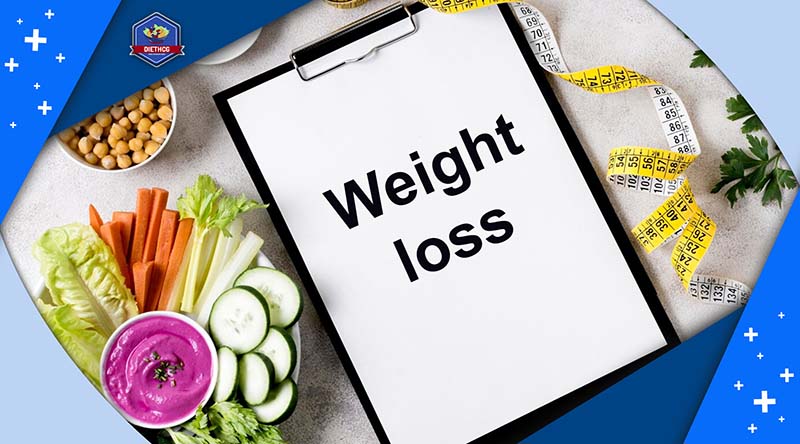
3. The Best Foods to Eat on an Ozempic Diet
While on Ozempic, you can still enjoy a delicious and nutritious diet. Here are some highly recommended foods to include:
- High-Fiber Foods: Consuming plenty of high-fiber foods is crucial with Ozempic. These foods aid digestion and promote metabolic health. Opt for whole grains like brown rice, quinoa, farro, barley, and oats.
- Fruits and Vegetables: Make fruits and vegetables a cornerstone of your Ozempic diet. They’re rich in vitamins, minerals, and fiber, helping you feel full while being low in calories. Plus, they can satisfy sweet cravings without the need for high-sugar foods.
- Healthy Protein Sources: Protein is essential for immune health and overall well-being. Choose lean options like white fish, poultry, beef, eggs, soy, and select dairy products. When preparing these foods, opt for healthier cooking methods like grilling or baking.
- Healthy Fats: Avoid overly greasy and fatty foods while on Ozempic, as they can spike blood sugar levels. Instead, opt for healthy fats that are beneficial for your body and skin. Include foods like avocado, fatty fish, macadamia nuts, chia seeds, brazil nuts, olive oil, and eggs in your diet. These options can help prevent side effects like nausea and support your weight management efforts.
4. What Foods Should Be Avoided in Ozempic Diet?
When following an Ozempic diet, it’s important to steer clear of certain foods to optimize its effectiveness. Here’s what to avoid:
- Refined Grains: Foods like pasta, white bread, and other refined carbohydrates are best limited. These foods undergo processing that strips away much of their natural nutrients, and they tend to be higher in sugar. While on Ozempic, your body may struggle to tolerate them. Instead, opt for whole grain alternatives like brown rice and whole grain bread, which offer more nutritional benefits.
- Foods With Added Sugar: High-sugar foods can be difficult for your body to digest, potentially increasing the likelihood of gastrointestinal side effects such as nausea, vomiting, and diarrhea while taking Ozempic. Choose low glycemic index fruits and vegetables like broccoli, cauliflower, kale, coconut, avocado, berries, and oranges to support better blood sugar control and minimize side effects.
- Fried Foods: Greasy foods can exacerbate negative side effects of Ozempic, such as nausea. If you’re using Ozempic for weight management, fried foods can counteract your efforts. Avoiding fried foods altogether is a wise choice while on Ozempic.
- Sugary Drinks: Sugary beverages are notorious for causing spikes in blood sugar levels, which may increase the risk of nausea as your body struggles to process excess sugar. If you have type 2 diabetes and are aiming to manage your blood sugar levels, reducing or eliminating sugary drinks is crucial for your overall health.
- Alcohol: Consumption of alcohol while on Ozempic can lead to drops in blood glucose levels, potentially resulting in severe hypoglycemia. This is a serious condition requiring immediate medical attention. If you can’t abstain completely, significantly reducing alcohol intake is advisable to support your long-term health goals.
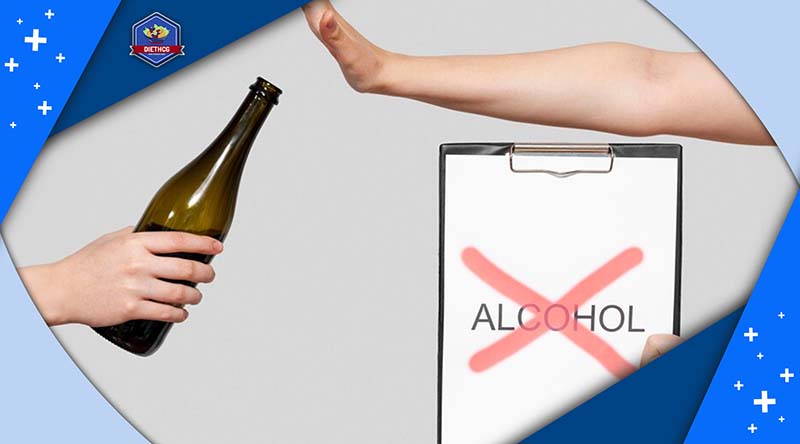
5. Ozempic Diet Menu for Weight Loss
Here’s a sample 1,800-calorie meal plan suitable for individuals incorporating Ozempic into their weight loss journey. Remember, your ideal meal plan while on Ozempic may vary based on factors such as health conditions, weight, and personal preferences.
Breakfast (500 Calories)
- Omelette: 3 egg whites, 1 whole egg, spinach, tomatoes, and mushrooms cooked with 1 tsp of olive oil.
- Whole-grain toast: 1 slice topped with a thin spread of almond butter.
- Greek Yogurt: 1 cup of plain, non-fat Greek yogurt mixed with a handful of blueberries and a sprinkle of chia seeds.
- Green tea: 1 cup without sugar.
Morning Snack (200 Calories)
- Apple Slices: 1 medium apple.
- Almonds: A small handful (about 10-12 nuts).
Lunch (500 Calories)
- Grilled Chicken Salad: Mixed greens, 4 oz of grilled chicken breast, cherry tomatoes, cucumber, and carrots dressed with 1 tbsp of balsamic vinegar and 1 tsp of olive oil.
- Quinoa: 1/2 cup cooked for added fiber and protein.
- Fermented Food: 1/2 cup of sauerkraut on the side.
Afternoon Snack (200 Calories)
- Carrot and Cucumber Sticks: With 2 tbsp of hummus for dipping.
- Kefir: 1 cup of low-fat plain kefir for a probiotic boost.
Dinner (400 Calories)
- Salmon: 4 oz baked salmon for healthy fats and protein.
- Steamed Broccoli and Cauliflower: 1 cup seasoned with herbs.
- Brown Rice: 1/3 cup cooked, serving as a high-fiber carbohydrate source.
Evening Snack (100 Calories)
- Cottage Cheese: 1/2 cup of low-fat cottage cheese mixed with a few slivers of almond and a dash of cinnamon.
This meal plan provides a balanced combination of protein, fiber, healthy fats, and carbohydrates to support weight loss while on Ozempic. Remember to adjust portion sizes and food choices according to your individual needs and consult with a healthcare professional or registered dietitian for personalized guidance.
6. Why You Should Consider Working with a Nutritionist When Using Ozempic
Using Ozempic as a weight loss tool necessitates more than just taking the medication; it requires a comprehensive approach involving dietary and lifestyle adjustments. However, integrating Ozempic into your routine may come with its own set of challenges, such as appetite changes and side effects.
To navigate these challenges and ensure long-term success in your weight loss journey, enlisting the expertise of a Registered Dietitian (RD) can be invaluable.
RDs are qualified nutrition professionals equipped to provide personalized guidance tailored to your specific needs and goals. They can address your concerns, help you manage side effects, and offer customized recommendations to optimize your results while prioritizing sustainability.
At Zaya Care, our mission is to connect individuals with RDs who match their preferences, requirements, and insurance coverage. When you schedule an appointment with one of our Registered Dietitians, we conduct a thorough insurance check, providing transparency regarding potential costs.
It’s noteworthy that a significant portion of Zaya Care patients incur no out-of-pocket expenses for nutrition care with a registered dietitian, as we maintain in-network status with numerous major insurance providers.
By collaborating with a Registered Dietitian, you can enhance your Ozempic experience, receive tailored support, and increase your chances of achieving your weight loss goals effectively and sustainably.
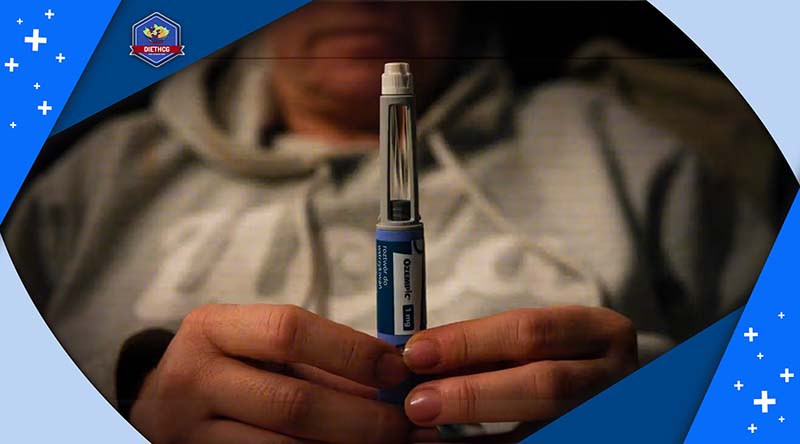
7. Conclusion
In conclusion, the Ozempic diet plan presents a comprehensive strategy for those seeking sustainable weight management and improved health outcomes. By emphasizing a balanced diet, regular exercise, and mindful lifestyle choices, individuals can significantly benefit from this approach. Remember, personalization is key; consulting with a dietitian or healthcare provider ensures that the plan aligns with your unique health needs and goals, maximizing the potential for success.


